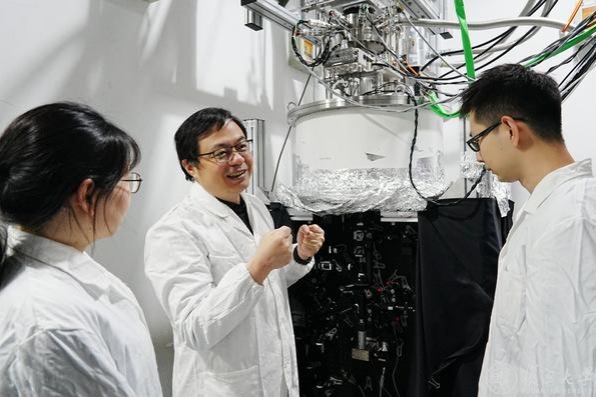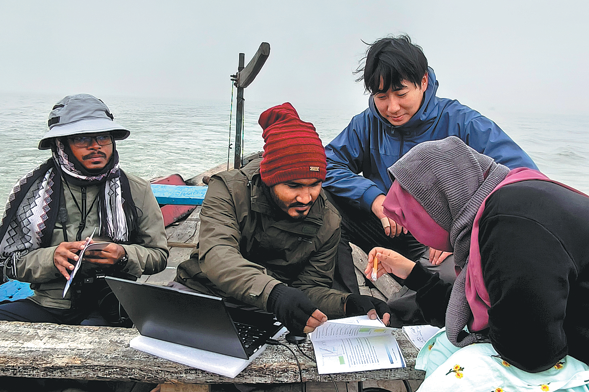China has achieved a monumental breakthrough in advanced materials manufacturing with the successful establishment of its first large-scale T1000-grade carbon fiber production facility in Shanxi province. This development marks a significant shift from technological dependence to global competitiveness in high-performance materials science.
The pioneering production line, a collaborative effort between the Institute of Coal Chemistry of the Chinese Academy of Sciences and Shanxi Huayang Carbon Material Technology Co, boasts an annual capacity of 200 metric tons of T1000-grade carbon fiber. This achievement represents the initial phase of an ambitious plan targeting 1,000 tons annual production capacity.
Carbon fiber, renowned for its exceptional strength-to-weight ratio and versatility, serves as a critical component across aerospace, defense, automotive, and sporting goods industries. The material’s unique properties enable substantial weight reduction while maintaining structural integrity in applications ranging from spacecraft and military vessels to athletic equipment.
Industry analysis from Guoyuan Securities indicates China accounted for over half of global carbon fiber demand in 2024, with domestic production satisfying more than 80% of this demand. Projections suggest this figure will reach 90% by 2026, underscoring the strategic importance of this technological advancement.
The manufacturing process employs innovative dry-jet wet spinning technology, a significant improvement over traditional methods. This technique involves extruding polyacrylonitrile solution through specialized spinnerets, creating ultrafine filaments that undergo precise oxidation and carbonization processes. The resulting T1000-grade fiber exhibits remarkable properties: with a diameter measuring less than one-tenth of a human hair, it demonstrates strength five times greater than steel while maintaining extreme lightweight characteristics.
Professor Zhang Shouchun, deputy director of the Institute of Coal Chemistry, illustrates the material’s capabilities: “A bundle of 12,000 one-meter-long T1000 carbon fibers weighs merely 0.5 grams yet can support over 200 kilograms—equivalent to three adult males.”
This breakthrough concludes a five-decade journey from technological dependency to self-sufficiency. Researchers overcame significant obstacles, including foreign technology embargoes and export controls that previously restricted China’s access to high-end carbon fiber. The development timeline saw Chinese scientists achieving T300 production in 2008—a feat that took Japanese researchers fifteen years—in just three years under intense pressure.
The successful industrialization resulted from strategic collaboration between government entities, research institutions, and private enterprises. The partnership demonstrates how traditional industries like coal production can transition toward high-tech manufacturing, with Huayang Carbon Material Technology transforming from conventional coal operations to advanced materials production.
Future applications extend beyond current aerospace and energy sectors into construction and apparel industries. Researchers emphasize that continued innovation and market expansion will be crucial for reducing production costs and maintaining global competitiveness in this rapidly evolving field.









